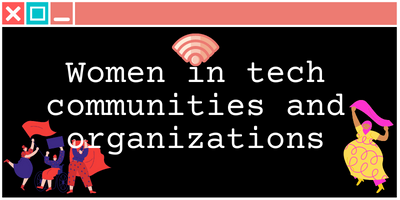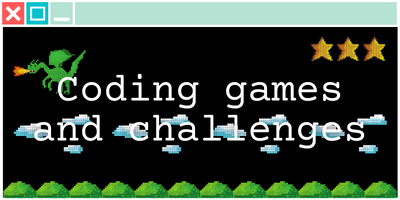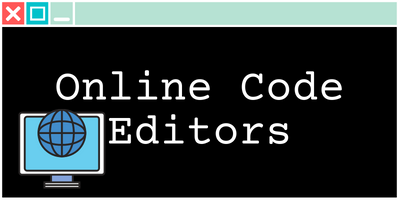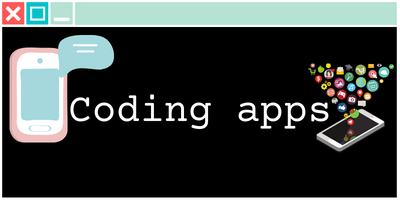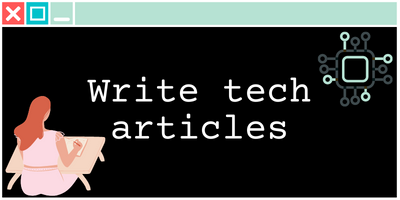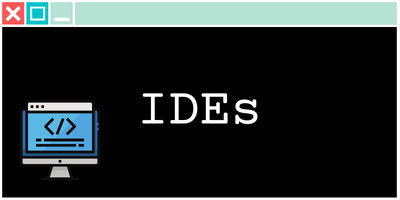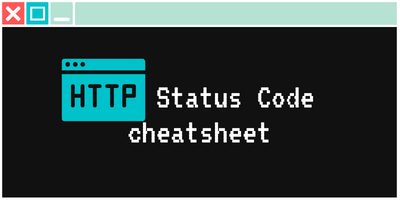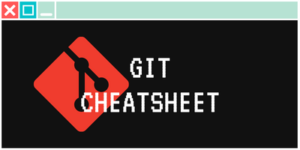As a junior developer, I totally get how intimidating it can be to ask for help from a senior developer or other more experienced professionals. I’ve definitely had my share of struggles when it comes to effectively communicating with developers and getting the assistance I need. And now that I’m a lead tech on my team, I’ve also experienced the flip side of that – having other developers ask me for help in an inefficient way that ends up wasting my time. Through all of these experiences, I’ve learned a ton about how to communicate effectively with developers and get the help I need. In this article, I want to share some of the tips I’ve picked up along the way with you, so you can get the assistance you need from a senior developer in a timely and efficient manner.
Don't waste time with small talk
Have you ever had this happen to you?
You reach out to a developer for help, and you start your message off with a friendly “Hey, how’s it going?” and then… crickets.
They don’t respond.
It can be really frustrating, right? I’ve definitely been there.
But here’s the thing – as a developer myself, I totally get it now. When you’re really deep in your work, small talk and idle conversation is just a distraction and a waste of time. It’s not that developers are being rude or uninterested in chatting with you, it’s just that they have a lot on their plate and they need to focus on getting their work done.
I remember when I first started out as a junior developer, it was kind of a shock to me when I would send a friendly “Hey, how’s it going?” message and not get a response. But as I gained more experience and responsibility, I started to understand why developers might not have time for that kind of thing.
So if you need to ask a developer for help, my advice is to skip the small talk and get straight to the point. If they’re in a chatty mood and want to engage in some idle conversation after they’ve answered your question, that’s cool. But don’t assume that they have time for it. Just be respectful of their time and get right to the point.
Be specific and provide context
Okay, so you want to ask a developer for help, but you’re not sure how to go about it. First of all, let me just say – it’s totally normal to need help! No one knows everything, and it’s totally okay to ask for assistance. But here’s the thing – if you want to get a helpful response from a developer, it’s really important to be specific and provide context.
Imagine if you’re a developer and you get a message that just says “I need help” or “I don’t understand this.” It’s not really clear what the person needs help with, and it’s kind of frustrating, right?
Instead, try to be specific about what you’re struggling with and what you’ve tried so far. This will help the developer understand your problem more quickly and give you more targeted assistance. And if you have any relevant documentation or resources that you’ve already looked at, it’s really helpful to include those too. This shows that you’ve done your own research and are seeking the developer’s help as a next step, rather than just asking them to do all the work for you.
Trust me, developers really appreciate it when you’ve put in some effort on your own before reaching out for help. It makes their job a lot easier!
Give the developer options
So you’re stuck on a problem and you’re not sure how to proceed. It can be really helpful in this situation to give the developer you’re asking for help a few different options for how they might be able to assist you. For example, you could say something like “Hey, I’m having trouble with X and I’ve tried A and B but they didn’t work. Do you think you could help me figure out the problem? Or do you know of any documentation or examples I could look at that might help me out?”
Giving the developer a few different options gives them the chance to choose how they’d like to help you, and it also gives them the opportunity to decline if they don’t have the time or expertise to assist. It’s always better to give them a few options rather than just saying “I need help with X” and leaving it at that. It shows that you’re proactive and willing to take the next steps to solve your problem, and it also gives the developer the chance to choose how they’d like to help you. It’s a win-win!
In conclusion
Well, there you have it! These are my top tips for getting the help you need from a senior developer or other technical expert. I hope they’re helpful for you, and I hope they’ll save you some of the frustration and wasted time that I experienced when I was starting out as a junior developer. Remember, it’s totally okay to ask for help – we all need it from time to time. But by being specific, providing context, and giving the developer a few different options for how they can assist you, you’ll be more likely to get a helpful and timely response. And who knows, maybe you’ll even develop a great working relationship with a senior developer who you can turn to for help in the future. Good luck, and happy coding!
Tools I use for this site
- I buy all my domain names on Namecheap, as thetrendycoder.com
- The hosting of this website is made on Bluehost.
- The website is created with WordPress.org (and not WordPress.com).
- I use the page builder Elementor because it makes it easy to create modern pages with drag and drop.
- I have multiple websites, and on most of them, I use themes from wpKoi. I love their design, they are very original and work well with Elementor.
- All the designs and images are created using canvas.
- I use Grammarly and languagetool to correct all my spelling and grammar mistakes.
- SEO is a big thing on a website, I use a WordPress plugin called YoastSEO to help me with the basic analysis. I also use a tool called Keysearch for choosing the right keywords.
- To handle affiliate links, I use two platforms: impact and ShareASale.
You want to write on TheTrendyCoder ?
If you are interested in publishing guest articles on this website, sharing your experience or coding tutorials, apply through this form.
NO EXPERIENCE needed!
NO PERFECT English needed!
NO DEGREE needed!
NO AGE limits!
No matter at what stage we are in our tech journey, we all have learned things and experienced things. Sharing them can help others and even help us. So, if you are a student, a professional, or a self-taught coder, feel at home and share some of your knowledge with the community.


